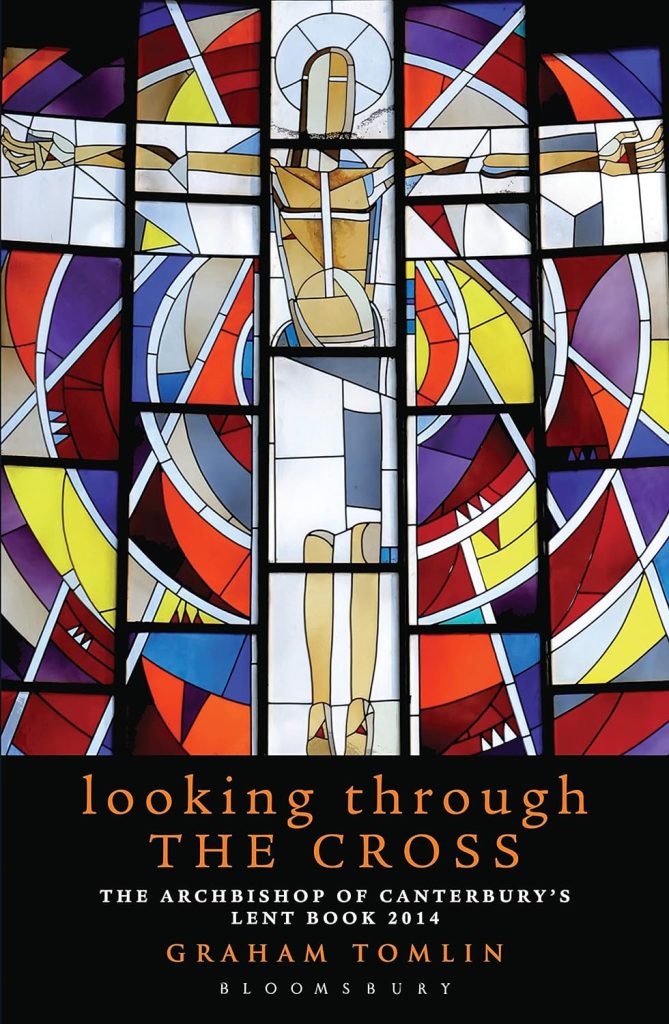This Tuesday we will be reading through both Chapter 3 “The Cross and Power” and Chapter 4 “The Cross and Identity.” In Chapter 4, Tomlin asks “Who do you say you are?” Who are your people? Who is your tribe? From where do you receive your identity? And how does the Cross change your identity? Before the Road to Damascus, Paul identified himself as a Jew: “circumcised on the eighth day, of the people of Israel, of the tribe of Benjamin, a Hebrew of Hebrews; as to the law, a Pharisee; as to zeal, a persecutor of the church; as to righteousness under the law, blameless.” Phil. 3:5. But, Paul says, in the Cross, he has lost this identification and counts it as excrement. For in the Cross, our old self, our old identification, is crucified and dies. Phil. 3:8-9
One of the purposes of an identity is to be able to identify those who are within our group and those who are outside and in opposition to our group. To identify as an American means that my concern is for America and other Americans even to the detriment and exclusion of non-Americans. Tomlin cautions that to identify in Christ is not a matter of simply trading in one identity for another, but transforms what identity means. If we simply identify as “Christian” as a way of separating ourselves over and against the “ungodly” then, although our identity has changed, the nature of our identity as a means of exclusion remains. Unlike other identities, to identify as Christian means to identify with those who aren’t. As Archbishop William Temple stated, “The Church is the only society that exists for the benefit of those who are not its members.”
I have attached chapter 5 from the Epistle to Diognetus, a second-century Christian apologetic, which discusses what it means to have your identity in Christ – living in the world but not of the world. Please read the excerpt and see if you are familiar with the identity described therein.
Dinner is 6. The menu is potato soup. Discussion about 6:45. Hope to see you here.
Now before faith came, we were held captive under the law, imprisoned until the coming faith would be revealed. So then, the law was our guardian until Christ came, in order that we might be justified by faith. But now that faith has come, we are no longer under a guardian, for in Christ Jesus you are all children of God, through faith. For as many of you as were baptized into Christ have put on Christ. There is neither Jew nor Greek, there is neither slave nor free, there is no male and female, for you are all one in Christ Jesus.
Galatians 3:23-28

